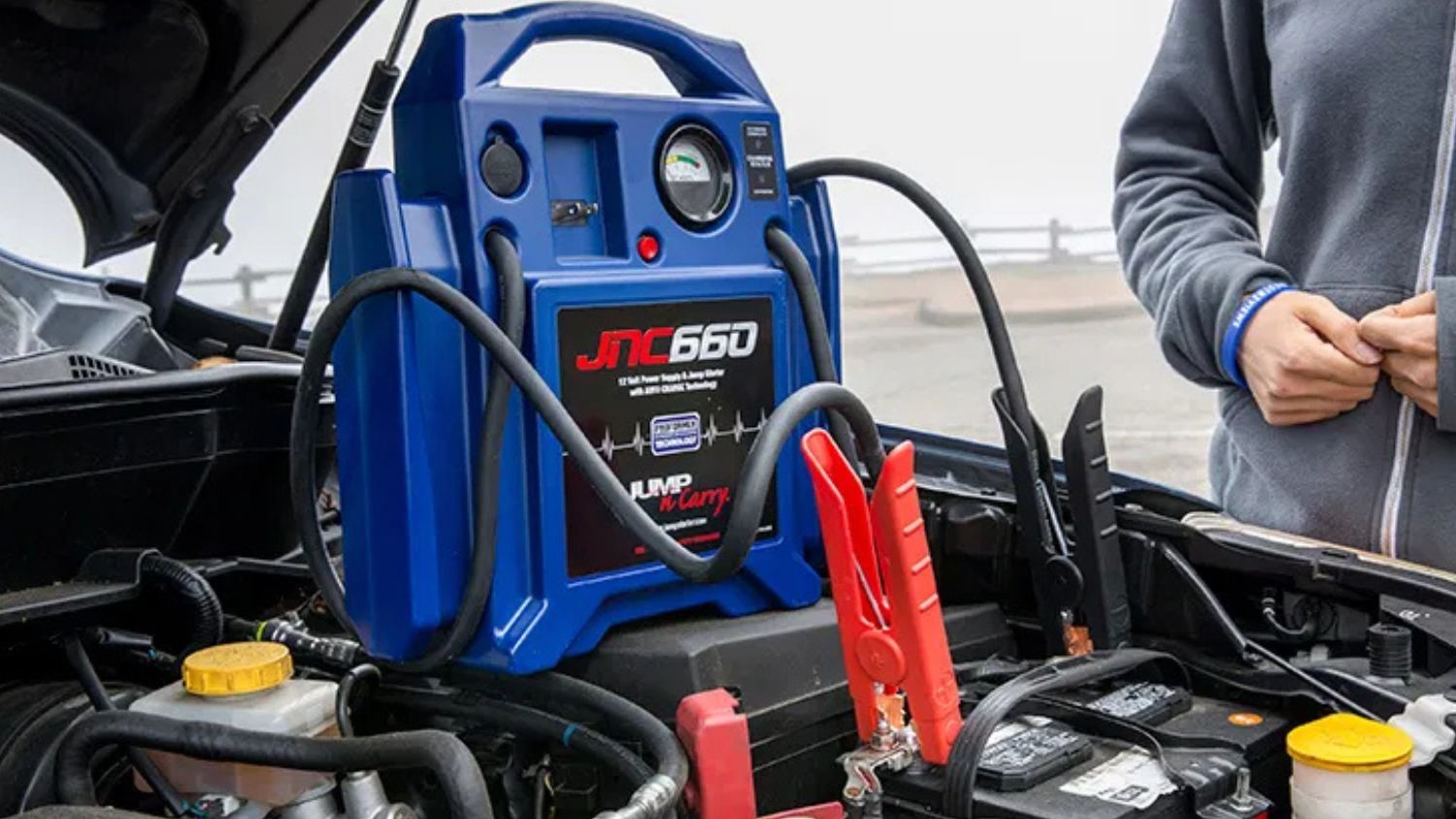PORTSMOUTH, Va. (WAVY) — Nearly a week after the state announced an expansion of the toll relief program, Portsmouth city leaders are asking for the expansion to go further.
Tuesday night, Portsmouth City Council voted to ask the Virginia General Assembly to partially fund the Elizabeth River Crossings toll relief program in order to expand it to include all of those who make $45,000 or less each year.
The most recent expansion caps eligibility at those making $30,000 or less.
If the request makes it all the way through the legislature and past the governor’s desk, those living in Norfolk or Portsmouth who meet the income requirements will be able to receive a credit equal to 50% of the two-axle toll paid in the Downtown or Midtown tunnels.
The request was made as part of the city’s annual legislative package and already has the support of the city’s state delegation.
State Sen. Louise Lucas (D-Portsmouth) said she already planned on sponsoring a similar piece of legislation in the upcoming session.
“I’m happy with what we got but I think it fell far short of what we actually needed and what a lot of us were expecting,” Lucas said.
The Downtown Tunnel sees more than 65,000 trips on average a day in each direction, according to the Virginia Department of Transportation. The Midtown Tunnel sees roughly 25,000 trips daily.
Each of those cars pays a toll, and the rate of those tolls can rise each year.
A deal to have a private company develop and operate the two main thoroughfares was inked by former Gov. Bob McDonnell in 2011. Elizabeth River Crossings (ERC) was given exclusive rights to set and collect tolls on the Downtown and Midtown crossings for 58 years.
Almost since that time, efforts have been underway to get out to the deal that a 2018 study by Old Dominion University found leaves Portsmouth bearing the brunt of the effects. The study found the city loses roughly $2.2 million per quarter in tax revenue because of the tolls.
“I’m committed to seeing that these tolls are eliminated,” Lucas said.
In 2019, an ERC toll task force estimated it would take $1 billion to buy down the tolls. A Spanish infrastructure company, Abertis, officially closed on ERC for $2.3 billion in late December.
Efforts to have the state use $4.3 billion in American Rescue Plan Act funds to buy out the toll contract went nowhere. Lucas said her colleagues in Richmond didn’t have the appetite to spend so much money on something that would benefit just one area of the state.
However, now there is hope they would be willing to spend a smaller amount of ARPA funds not yet appropriated on it.
In a plan laid out by Sherri Neil, Portsmouth’s intergovernmental affairs manager, the $15,000 increase in toll relief eligibility would be covered by the state while ERC continues to fund the remainder of the program.
Over time, the state’s new program would cover the difference for all commuters in the program with
the relief adjusted annually proportionately to the increases.
“If it’s more palatable to lawmakers, this could have a sunset on it of 2025,” Neil said. “Just to help people through the pandemic.”
Lucas said she has not yet brought the idea to Governor-Elect Glenn Youngkin (R-Va.), but believes he would be open to it.
The legislative session begins Jan. 12, 2022.
“I’m optimistic, cautiously optimistic of course,” Lucas said.
Download the WAVY News App to keep up with the latest news, weather and sports from WAVY-TV 10. Available in both the Apple and Google Play stores.
















































































































